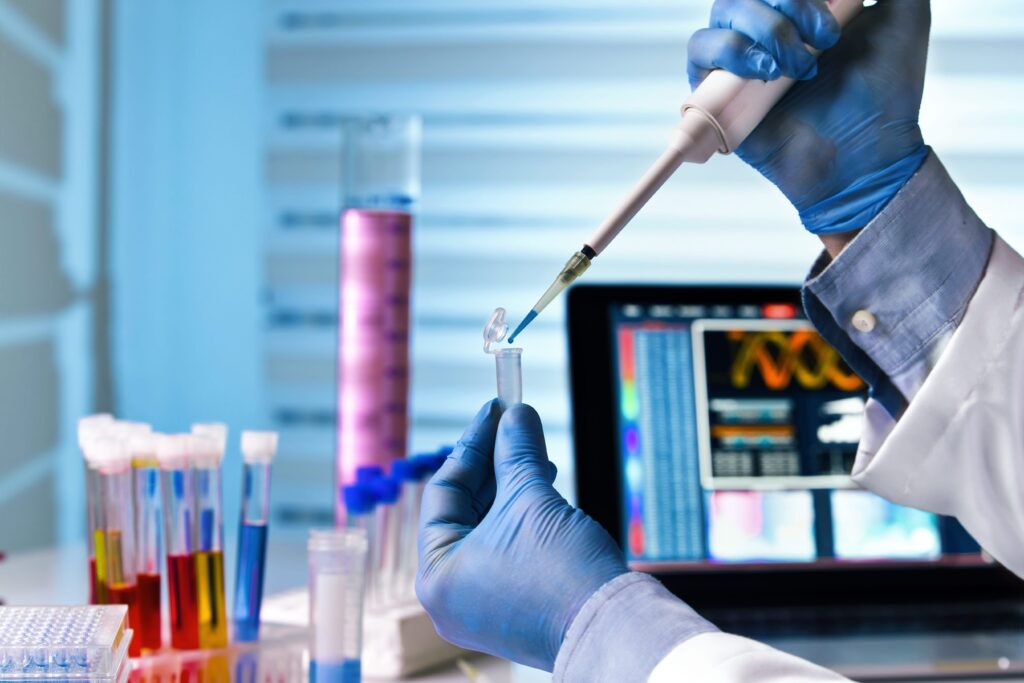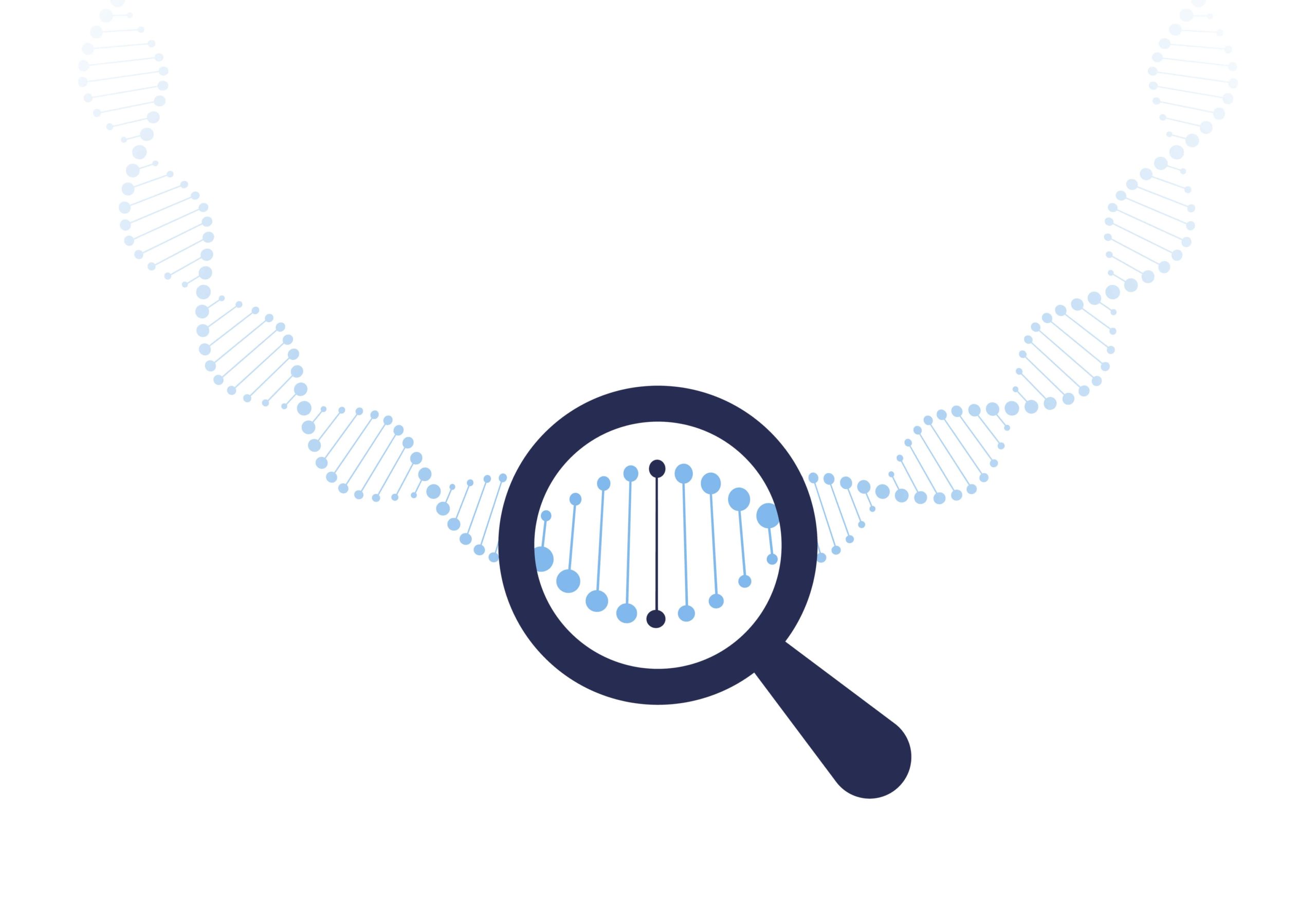Those who experience addiction first-hand know that it is not something that develops overnight, nor is it something that will go away on its own. Addiction is an extremely difficult disease to develop. Despite decades of negative stigma surrounding addiction, there is more information than ever before supporting the fact that addiction is not a choice, yet a disease. Two of the leading causes of addiction are environment and genetics. That may be why more and more people are looking into genetic testing for drug addiction than ever before.
Learn more about our addiction treatment in Nashville.
What is Genetic Testing?
Genetic testing is something that many people have had done in their lives. More people than ever before are investing in genetic testing, especially considering the popularity of at-home DNA kits. But there is a whole world of genetic testing outside of just determining familial origins. It’s possible to examine specific genes for specific reasons.
According to the Centers for Disease Control and Prevention (CDC), genetic testing helps to identify changes in DNA that can provide a closer look into one’s health and wellbeing. There are several types of genetic tests that can be provided. Most of which are done at the referral of a primary care physician or other medical or mental health professional. For example, someone can better determine their risk level for developing certain conditions, such as cancer or blood disorders. In most instances, genetic tests can be conducted via a simple blood draw. However taking samples from skin, hair, or other tissue is also an option. Genetic testing is an option for those who want to better determine if they are at high risk for developing drug addiction, too.

Genetic Testing for Drug Addiction
Studies show that about 40-60% of one’s likelihood to develop a drug addiction is based on their genetics. This means that even though many people are exposed to environments that put them at high risk for addiction, there are also just as many (if not more) who are at risk simply because of the genes they inherited.
There is no viable way to fully predict what may happen in one’s future. However, genetic testing comes as close to providing real answers as possible. What genetic testing for drug addiction does is takes a look at certain genes that are commonly associated with substance use disorders. For example, professionals looking at DNA sequences will pay close attention to one’s dopamine receptor gene, as this gene has been linked to greater risk for alcohol and cocaine addiction. They may also take a look at other specific genes. This can better deduce what substance an individual is more likely to become addicted to.
What Should You Know About Genetic Testing for Drug Addiction
Genetic testing for drug addiction is not a one-stop shop. Individuals will not be able to get a full-fledged, detailed answer regarding how likely they are to develop a drug addiction or not. Instead, they will be given a general idea of what they might be up against. This is just one aspect of genetic testing for drug addiction that is important to know.
Results Are Not Always the End All Be All
While genetic testing is a blessing, the results that come from it are not always the end all be all. This means that while an individual may obtain solid results from their genetic testing, it does not mean that they will definitely experience the condition in question. What genetic testing for drug addiction does is highlight the genes that can contribute to one’s development of a substance use disorder. One’s test results might return with the determination that they do, in fact, have several of the genetic markers for drug addiction. However, that does not mean that they will become an addict. There are many factors that go into the development of drug addiction. Even though genes are major factors, they are not the only ones.
Genes Can Evolve
Genes evolve as time passes, which is completely natural. However, this can complicate the process of genetic testing. Genetic testing for drug addiction already poses its challenges. However, when genes change, that means that genes not previously considered to potentially cause drug addiction may begin becoming contributing factors. Identifying this takes time. Therefore, not everyone who may be at risk for developing a drug addiction may be aware of their risk level.
There is Still a Lot To Learn
There is still an exceptional amount of information to learn regarding genetic testing for drug addiction. Even though it may seem like the textbook “precise science”, genetic testing is not as precise as many may think. There is plenty of room for external factors to play a role in one’s likelihood of developing a genetic condition. This makes it difficult to predict the future. As research continues, professionals are able to learn more and apply their findings to the guidance they provide their clients.
Begin Addiction Treatment in Tennessee
If you are struggling with drug addiction, know that you are not alone. At Arbor, we understand the many challenges that you have faced and are here to help you get started on the road to recovery.
Do not hesitate for one more second. Call us right now at 866-771-1649 to speak to one of our dedicated, compassionate professionals or fill out the form on our contact us page to learn more about our programming options.










